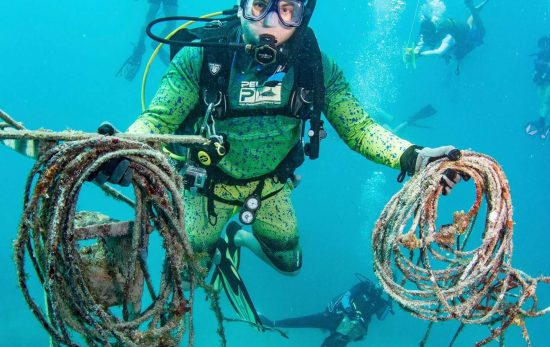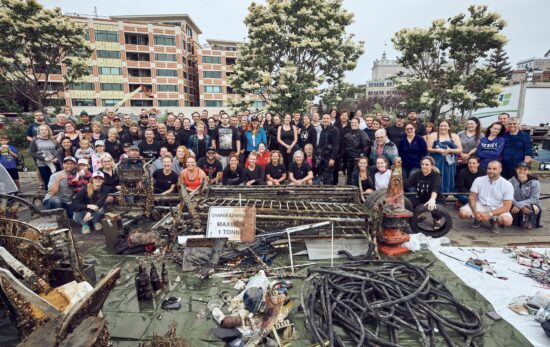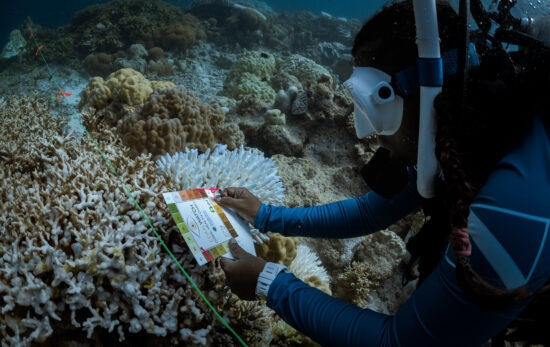There’s no denying that plastic bags are bad for the environment. It’s well-researched and well-documented – and yet 160,000 of them are still used every second around the world. This needs to change, so we’ve put together some plastic bag facts that will change the way you (and your friends) use them (and hopefully stop you from using them altogether).
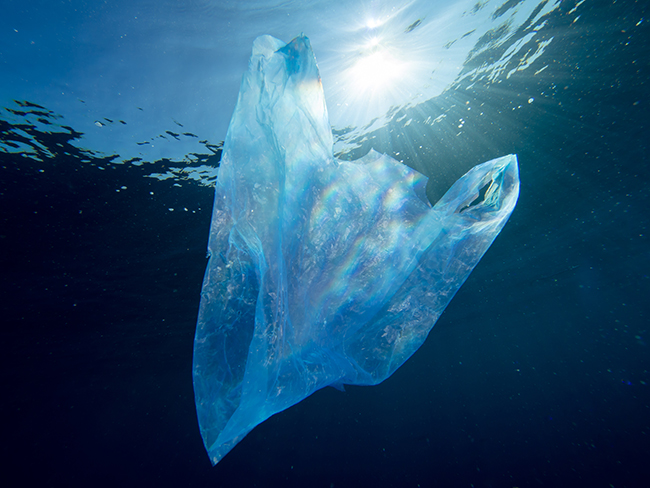
The numbers don’t lie
Every second, 160,000 plastic bags are used around the world.
Ok, we already covered this in the introduction, but just think about how big that number is. That’s every single second. Altogether, it adds up to the world’s population using a staggering five trillion bags every year.
The ugly journey of trash
Grocery bags are among the 10 items of debris most found in coastal clean-ups.
According to the 2020 International Coastal Cleanup report, plastic bags are so commonly found during coastal clean-ups that they are among the Top 10 most found items of debris. All the more reason to reduce our use of them and to consider the PADI Dive Against Debris Specialty course, which will give you the knowledge and skills to complete your own marine debris surveys.
Manufacturing plastic bags is also an issue
The amount of petroleum it takes to produce one plastic bag could drive a car 11 metres (36 ft).
It might not seem far, but it sure adds up quickly. For example, the amount of petroleum it takes to produce ten plastic bags could drive a car the length of a football field – see what we mean, it adds up quickly. Factor in the point above, and we’re talking about some pretty huge distances.
Short use, long life
We use plastic bags for an average of twelve minutes.
Twelve minutes. There’s not much else to say about this point. After twelve minutes of use, people generally discard them. In fact, we recycle less than 3% of single-use bags worldwide. Once discarded, this plastic remains in the environment for 1,000 years before decomposing!
Plastic bags kill marine life
Marine debris affects over 800 different species of animals.
We know this issue isn’t specifically about bags, but according to a United Nations report, 80% of marine debris is one kind of plastic or another. If you haven’t seen the video below by National Geographic about what it feels like to be trapped in a plastic bag, take a look now.
It’s a big, big problem
If we joined all the plastic bags in the world together, they would circumnavigate the globe 4,200 times.
That’s right, not once or twice but 4,200 times!
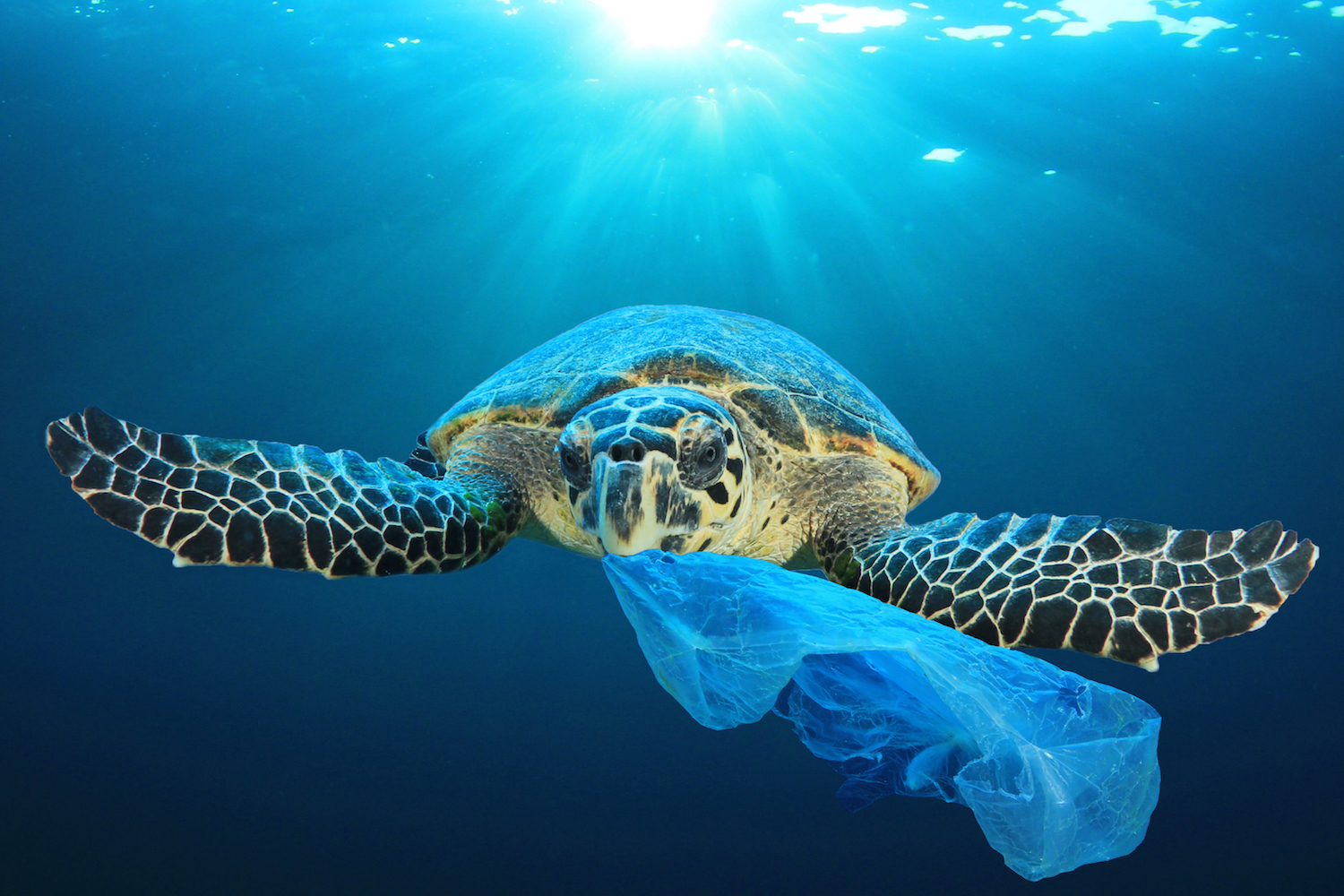
Plastic is not fantastic for our future
If nothing changes, there’ll be more plastic than fish in the ocean by 2050.
One of the most shocking facts about plastic is the devastating impact it will have on the future of our planet. That is, suffocating our oceans with trash and toxins, and causing irreparable damage to coastal communities, economies, tourism, and most importantly, biodiversity.
Plastic bags are finally being outlawed
80 countries across the globe have banned single-use plastic bags.
So it’s not all bad news. Many conservationists think plastic bags should be banned, and finally, governments are taking notice. In 2002, Bangladesh was the first country to ban lightweight plastic bags. Since then, 127 countries – from Italy to India – have imposed a ban or charges, with more joining the list every year. You can even start a local ban in your own area.
Biodegradable plastic bags won’t fix things
After discarding biodegradable plastic, it’ll just disappear, right? Wrong.
Scientific studies have shown that these materials still take a long time to break down, and only in the right environment. More often, they still end up in landfills and aren’t much better than regular plastic. Instead, it’s better to stop using single-use plastic altogether; pack your reusable plastic bags next time you head out shopping!
Recycle your bags and spread the word
If just one person switched to recycled bags over their lifetime, they would remove 22,000 plastic bags from the environment.
That one person could be you. And if you share these plastic bag facts with your friends, as well as other important messages about conservation, we could see a huge reduction in the amount of plastic discarded in the environment.
Do you want to learn more about conservation and connect with like-minded people who care about protecting the planet? Join the PADI Torchbearer movement today and become part of a global force for good to help save our oceans.


